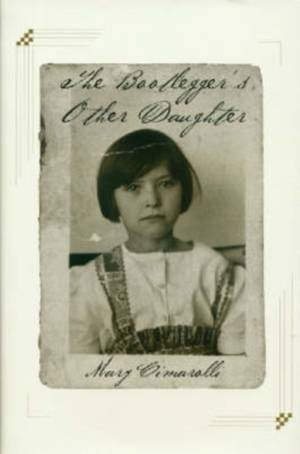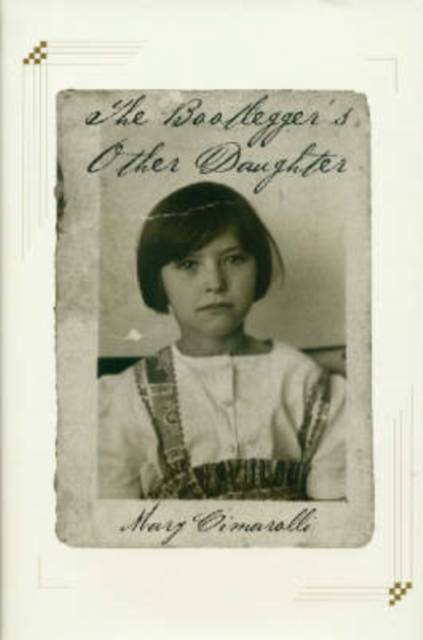
- Retrait gratuit dans votre magasin Club
- 7.000.000 titres dans notre catalogue
- Payer en toute sécurité
- Toujours un magasin près de chez vous
- Retrait gratuit dans votre magasin Club
- 7.000.0000 titres dans notre catalogue
- Payer en toute sécurité
- Toujours un magasin près de chez vous
Récompenses
Description
The generation that toiled through the Great Depression and won the Second World War has become known as "the greatest generation." But not all of them qualified for that exaggerated epithet in the eyes of their own children. In this tender but unsparing memoir, Mary Cimarolli remembers a world in which the family home was lost to foreclosure, her father made his way by bootlegging, and school was a haven to hide from her brother's teasing. Her stories are about struggle and survival, making do and overcoming, and, ultimately, reconciliation. From her perspective as a child, she describes the cotton stamps and other programs of the New Deal, the yellow-dog Democrat politics and racism of East Texas, and the religious revivals and Old Settlers reunions that gave a break from working in the cotton patch. The colorful colloquialisms of rural East Texas that dot the manuscript help express both the traditionalism of the region and its changes under the impact of modernization, electrification, and the coming of war. Along with these regional and national trends, Cimarolli skillfully interweaves the personal: conflict between her parents, the death of her brother a few days before his sixteenth birthday, and her own inner tensions.
Spécifications
Parties prenantes
- Auteur(s) :
- Editeur:
Contenu
- Nombre de pages :
- 184
- Langue:
- Anglais
- Collection :
- Tome:
- n° 4
Caractéristiques
- EAN:
- 9781585444472
- Date de parution :
- 06-12-04
- Format:
- Livre broché
- Format numérique:
- Trade paperback (VS)
- Dimensions :
- 158 mm x 236 mm
- Poids :
- 299 g

Les avis
Nous publions uniquement les avis qui respectent les conditions requises. Consultez nos conditions pour les avis.








